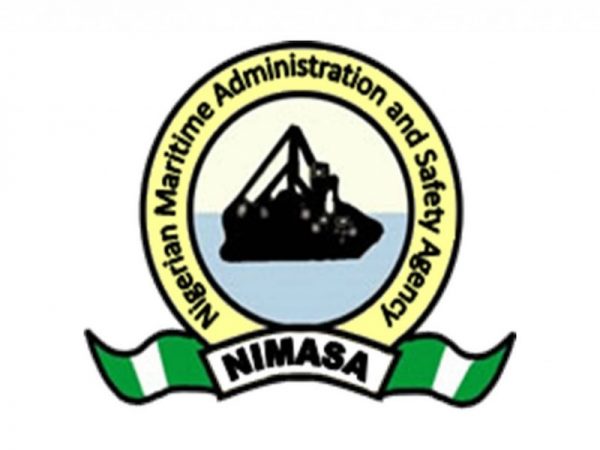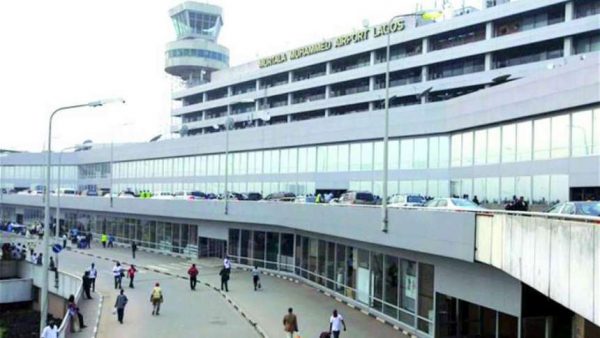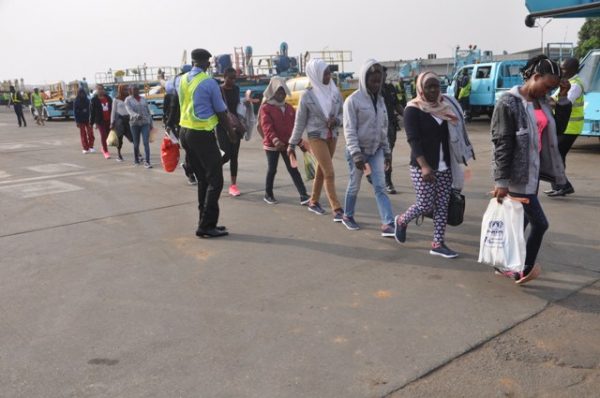ON THE SPOT MANAGER
Beyond NIMASA’s Action Plan On Litters

The Nigerian Maritime Administration and Safety Agency (NIMASA) recently launched a Maritime Action Plan on Marine Litter and Plastic (MAP-ML+P) Management in Nigeria as part of efforts to address the menace of marine litters and plastics on Nigerian seas and oceans.
The Action Plan is in line with the International Convention for the Prevention of Pollution from Ships (MARPOL), the Convention on the Prevention of Marine Pollution by Dumping of Wastes and other Matter (London Convention), 1972, among other instruments of the International Maritime Organisation (IMO).
Beyond domesticating the relevant conventions of the MARPOL Convention to enable it manage and control pollution at sea, this development received commendations as NIMASA showed intent to further increase the awareness about blue economy and its derivable benefits, revealing the threat of marine litters and plastics to food security, economic activities, water safety and the ecosystem.
However, the irony is that the waterfront of MARPOL jetty at the Tin Can Island Port is home to unimaginable pollution of waste, mostly plastics and marine oil. This waterfront is accessible via the Five Star Logistics Terminal gate.
This leaves one perturbed on the level of seriousness attached to this issue by NIMASA. If the agency has started sensitization campaigns and actual clean-up like it illustrated via a documentary at the event to launch the Maritime Action Plan on Litters, why does the MARPOL jetty show otherwise?
Stakeholders have expressed worry that the MARPOL jetty should be an epitome of cleanliness. NIMASA says it engaged Marine Litter Marshals across costal communities and littoral areas as a pilot scheme for cleanup of identified marine litter hotspots in Nigeria’s coastal states of Bayelsa, Cross River, Akwa Ibom, Rivers, Delta, Ondo and Lagos States.
If NIMASA really did this, why are Tin Can jetties including MARPOL, Liverpool jetty, Apapa jetties all home to marine litters and plastics?
The Nigerian Senate and Ministry of Environment have initiated plans to develop a holistic bill to regulate plastic waste in Nigeria plastic which amounts to 2.5 million tons annually, but in the interim, NIMASA and other agencies such as the National Inland Waterways Authority (NIWA) must sit up and address the menace of dirts on Nigerian waters, including plastics and marine oil.





